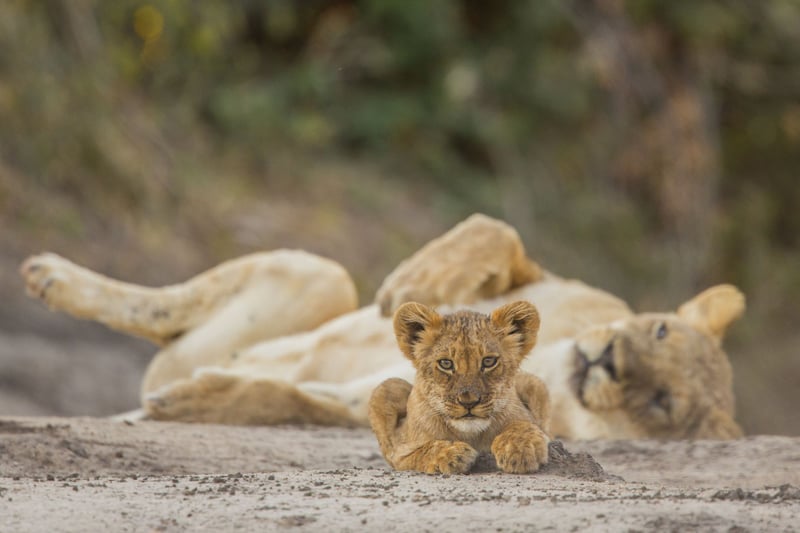
The Department of Forestry, Fisheries and the Environment (DFFE) has made crucial and long-awaited steps towards changing the captive lion breeding industry in South Africa.
Minister Barbara Creecy announced during a stakeholder meeting on Sunday (May 2nd) that South Africa will no longer breed captive lions, keep lions in captivity, or use captive lions or their derivatives commercially.
Her ministry will put processes in place to stop:
- Captive lion derivatives (including the appropriate disposal of existing lion bone stockpiles and lion bone from euthanized lions) being sold;
- Captive-bred lions being hunted;
- Tourist interactions with captive lions (including, so-called voluntourism, cub petting, etc).
Edith Kabesiime, Wildlife Campaign Manager (Africa), in her reaction to the announcement said:
“I am excited that together with our partner Blood Lions, our submissions to the High-Level Panel were considered. I scanned through the report and we have been mentioned 18 times showing how our submissions were taken seriously. Thousands of farmed lions are born into a life of misery in South Africa every year in cruel commercial breeding facilities. This latest move by the government of South Africa is courageous - taking the first steps in a commitment to long-lasting and meaningful change. This is a win for wildlife.”
United against big cat cruelty
Gilbert Sape, Global Head of Campaign - Wildlife, Not Medicine, said:
“While this is a major win for wildlife, it is also important to note that the battle is not yet over. While South Africa’s decision is commendable, unfortunately, it will move to sustainable utilization of wildlife through authentic hunting tourism to replace captive breeding industry. We will challenge this sustainable use narrative and tackle this head-on.”
Currently, 8,000-12,000 lions and thousands of other big cats, including tigers and cheetahs, are bred and kept in captivity in more than 350 facilities. These predators are bred for commercial purposes, including interactive tourism, “canned” hunting, lion bone trade, and live exports.
We will continue the fight to stop wild animals from being cruelly exploited as commodities by changing the systems that allow it. With your support, we can continue fighting for all wildlife.
While this is a major win for wildlife, it is also important to note that the battle is not yet over.